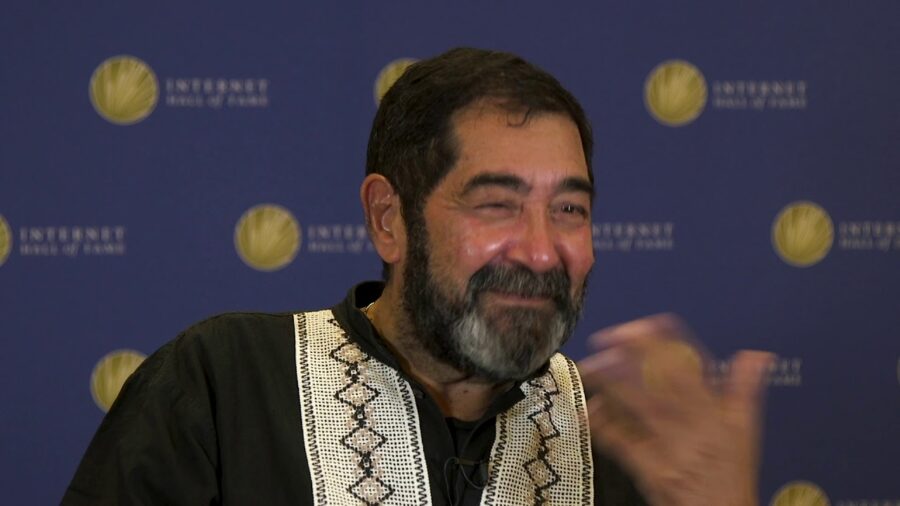My fears today are the companies, the twenty-six persons who have the 48% of the capital of the world. And as the Internet reflects the world, we have the same in the Internet.
Archive (Page 8 of 14)
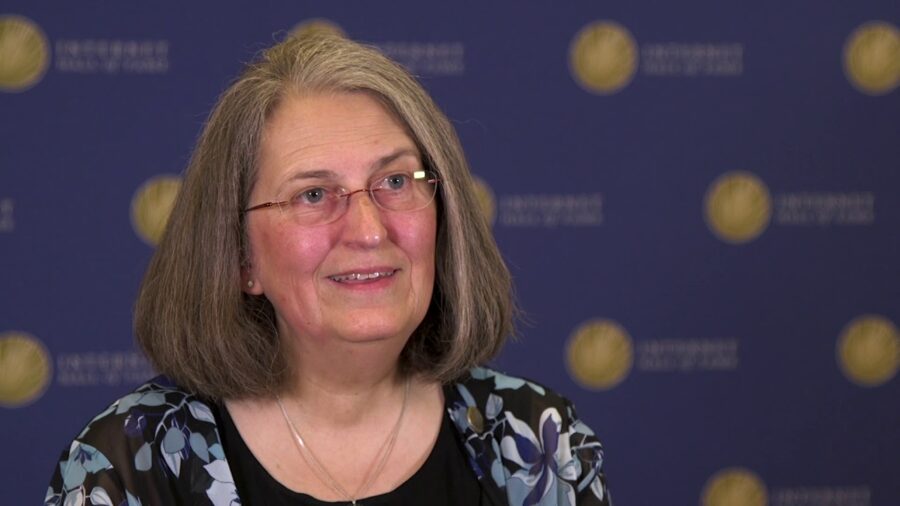
A lot of these things were predicted, and we were told about them—we were warned about them. Things like loss of privacy and malevolence on the Internet and malware. We were warned, and a lot of us um, put on our rose-colored glasses and said oh well, let’s go chasing waterfalls anyway.
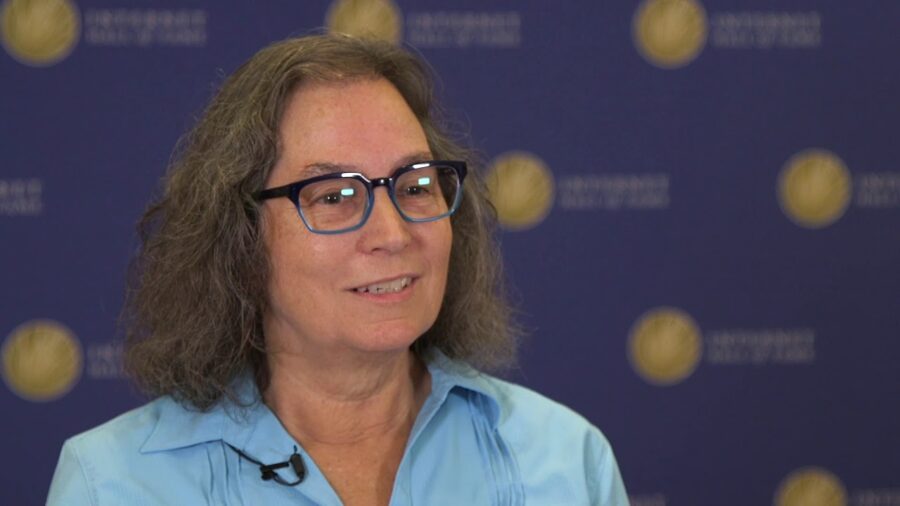
I really hope that the Internet can continue to have connectivity without bifurcation. That we don’t have little Internets everywhere.
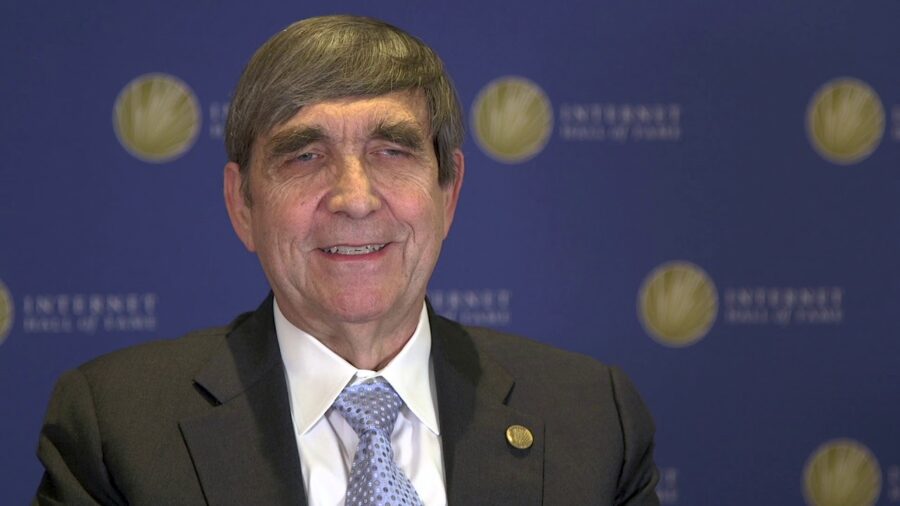
It’s always true that it’s easier to break things than to make them secure. So, as long as we have just an arms race, the bad guys will keep winning.
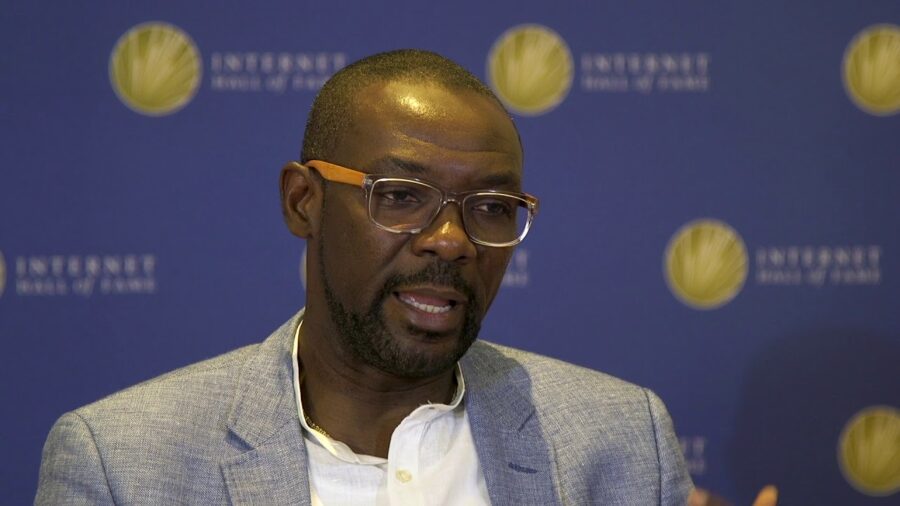
My hope is that the Internet continues to develop based on its underlying culture, which is an open technology that is accessible to everyone.
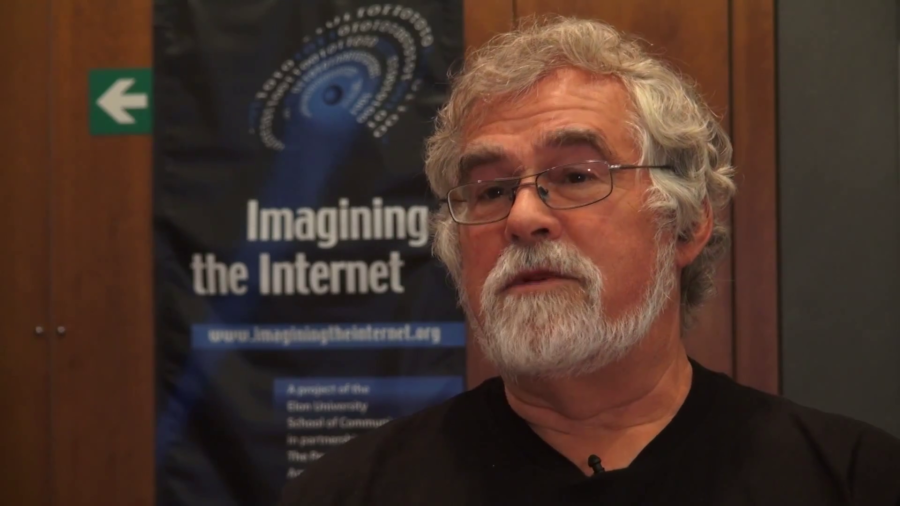
I got involved in a working group called SNMP (Simple Network Management Protocol). And I got very much involved, implemented all the versions that actually were ever thought of, even those that were not published.
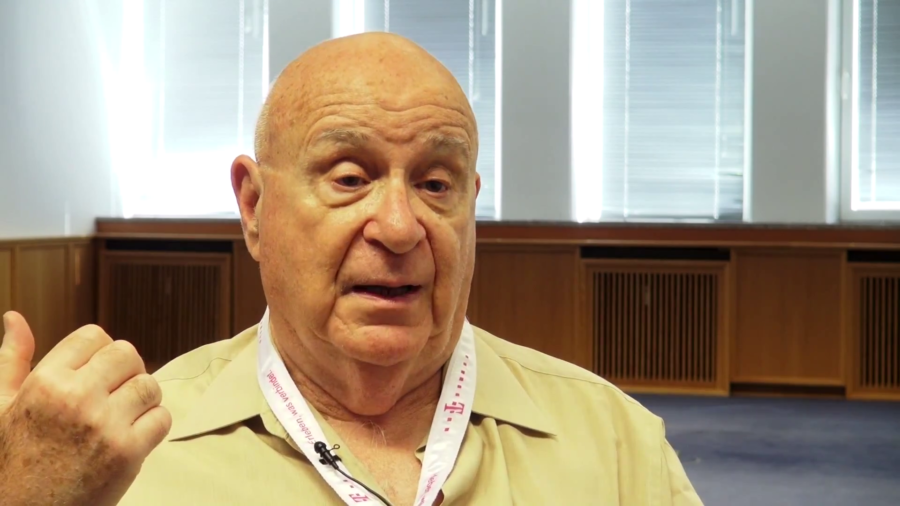
In some sense my academic children became some of the fathers of the Internet. It’s why some people mumble that I’m the grandfather of the Internet.
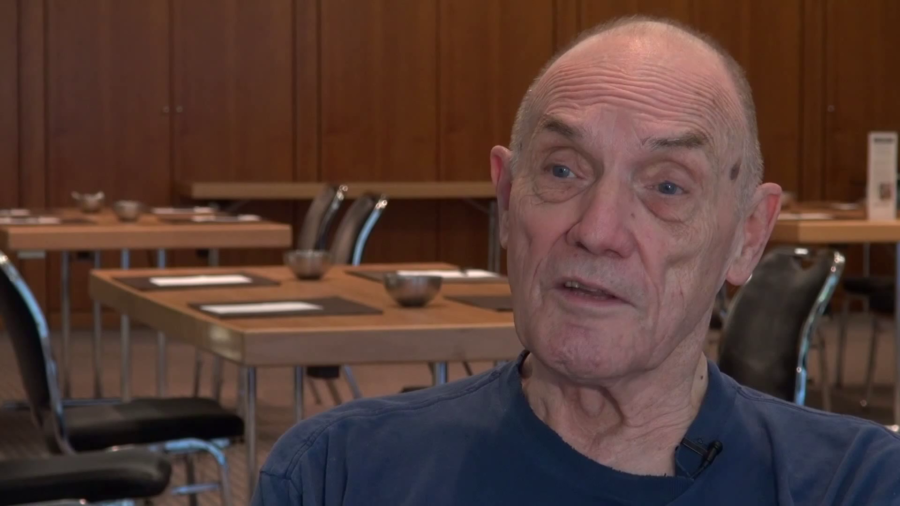
Anything that is vital and living and growing, there’s always going to be turbulence. It’s always going to be going off in many directions, several of which are bound to be wrong, some of which are going to be right. So I think the Internet is still a work in progress. And that’s a very good thing.
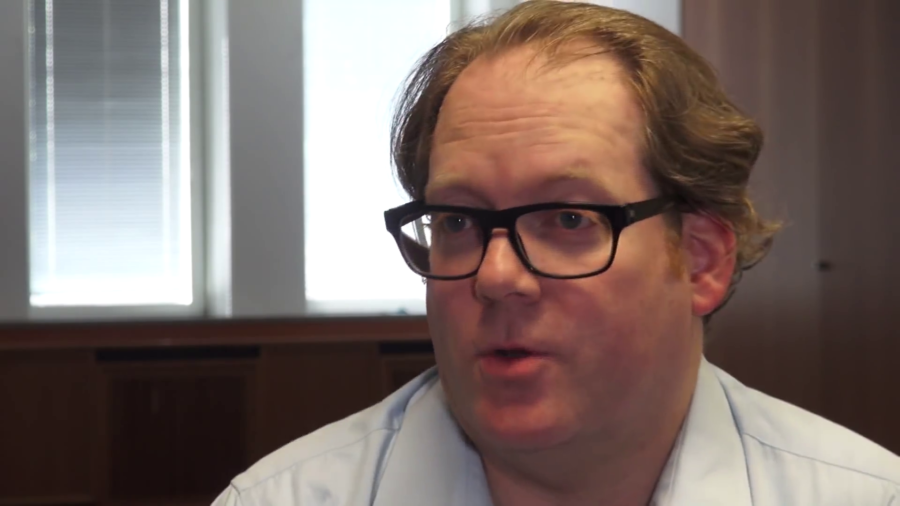
My big concern right now actually has to do with the tendency of people to want to regulate it. So, the Internet is mostly successful because of the ability of people to do whatever they want. That is, innovation happens wherever you are. You can just add things to it and so on, and nobody’s in charge. And that’s scary for a lot of people who want to run things.
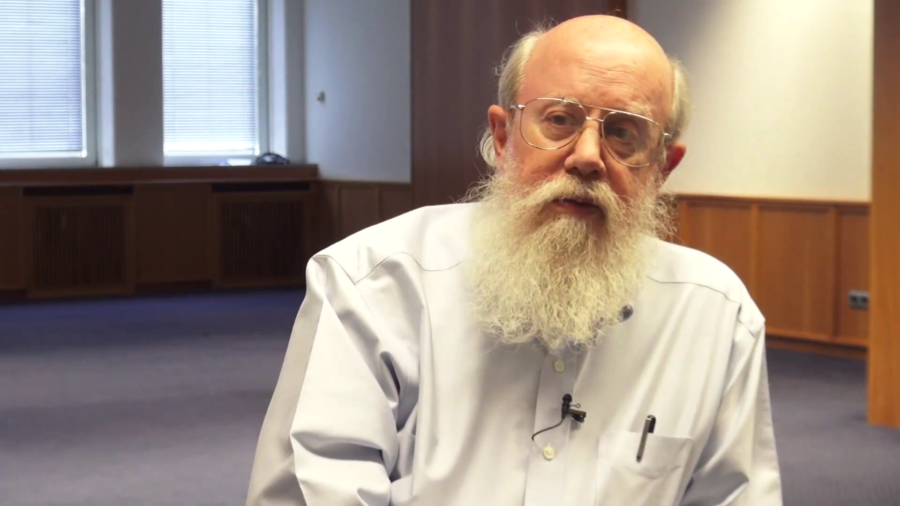
The biggest surprise I’ve ever had about the Internet is that my mom surfed. It never occurred to me in the early 80s that my mother would ever knowingly use the Internet. It was a toy—it was a geek thing. It was for scientists, it was for researchers, it was for technical people. I expected her to use it without knowing it, because I expected it to be an underlayment for a lot of telecommunications.

